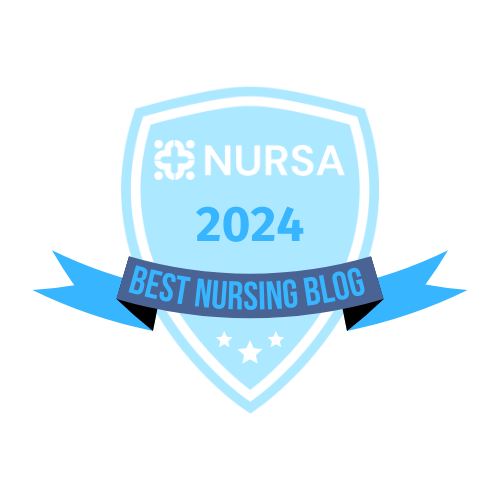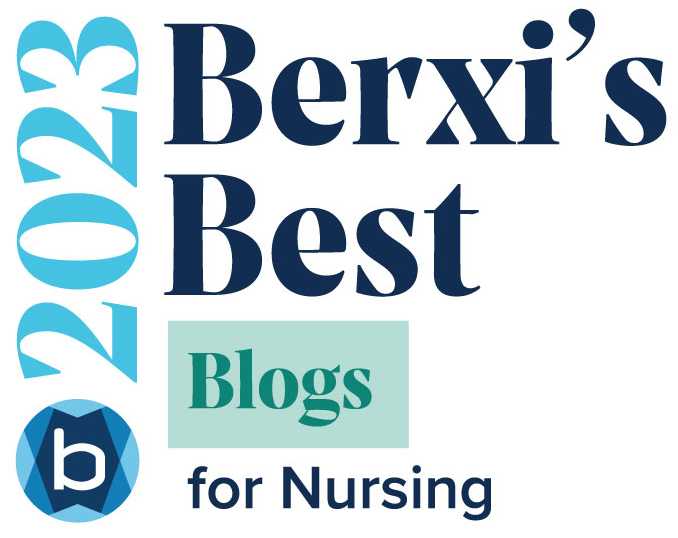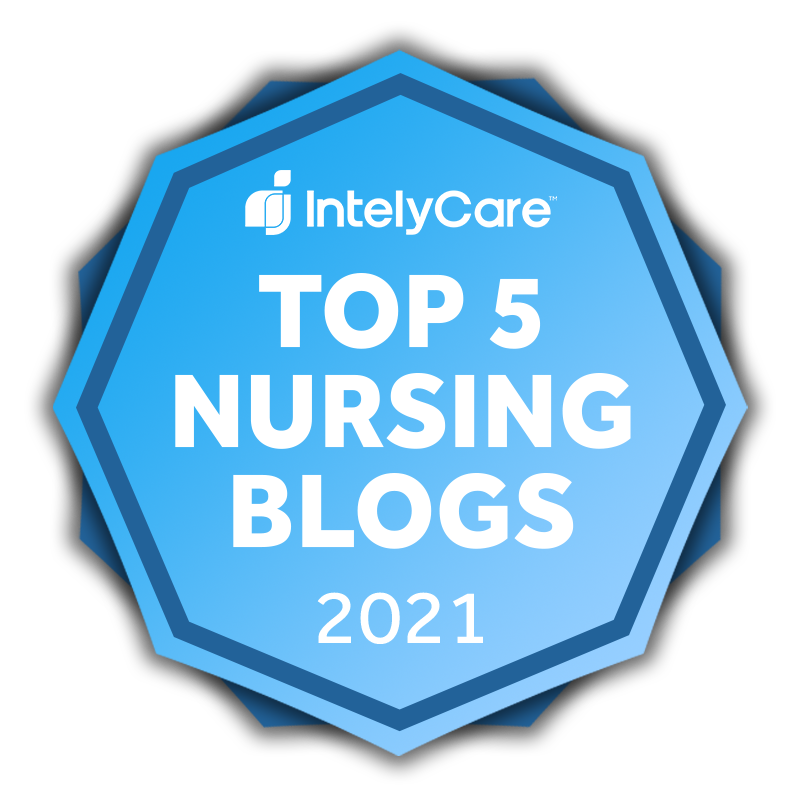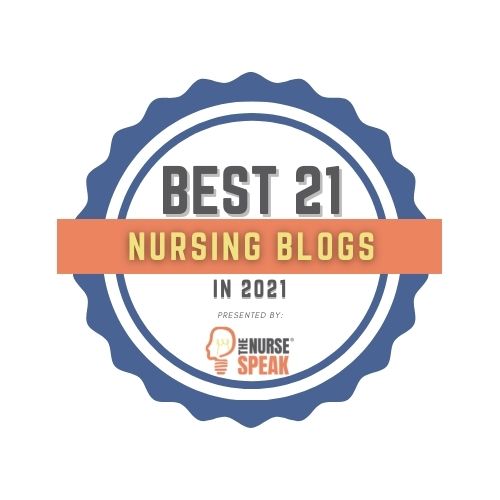Over the past couple of years, I’ve heard a lot of chatter surrounding the topic of the “Next Generation NCLEX®”, especially concerns coming from fellow nurse educators. Admittedly, some of the things I was hearing sounded suspect, and I wanted to see if I could learn a bit more. In my pursuit for understanding, I attended several NCSBN hosted webinars, conference calls and update briefings. To help clear up some misconceptions about the “Next Generation NCLEX®”, I will share what I have learned:
- The primary function and purpose of the NCSBN remains the same – to protect the public from unsafe nurses. The Next Generation NCLEX® strives to enhance safety by further challenging nurse candidate’s critical thinking and decision-making skills.
- The NCSBN has made a conscious effort to share more of their decision making with educators.
- The NCSBN researched test plan items require the most critical thinking.
- Some test plan items, such as “The Admission Process” requires clinical judgement for every task associated.
So – What’s the Big Deal with the Next Generation NCLEX®?
After the NCSBN analyzed this data, they have identified the following:
- Critical Thinking/Clinical Judgement is essential for entry into nursing practice.
- Current NCLEX® test plans and design only address clinical judgement in an indirect way.
- Question types that do challenge clinical judgement are limited.
- The NCSBN recognizes that new methods for measuring competence in clinical judgement are needed.
- The NSSBN recognizes that this will require ongoing research, as well as new question types.
- Partial credit (more appropriately defined as polytomous scoring) may be provided for certain question types.
- New question types will do a better job of measuring clinical judgment.
The NCSBN has provided recommendations and identified some key points for educators in preparing nursing students for NCLEX® success:
- The Nursing Process will remain the foundation in which we operate as nurses and is how the test measures clinical judgment. The Next Generation NCLEX® will emphasize this much more.
- The average test-taker thinks of The Nursing Process in a linear manner. They think ADPIE and then back to the beginning.
- The NCSBN has identified this as an issue because assessment and evaluation can occur at any point throughout The Nursing Process and should be taught in this manner.
- Nurse educator will need to improve measurements for validating critical thinking and clinical judgement.
- Instead of focusing on identifying one answer, create question types that ask students to analyze a variety of choices: (Indicated, Nonessential, Contraindicated).
- All test plan and question type recommendation changes are subject to a vote.
- Majority of the current test plan items will remain the same.
Improving Measurements on the Next Generation NCLEX®
Okay, so now that the NCSBN has identified that clinical judgment is one of the biggest barriers for entry level nurses, they had to come up with a method to measure clinical judgement that will ultimately help nurse educators better prepare their students. You see, they anticipated that educators would ask: “What areas of clinical judgement are my students having problems?” Due to this, they created a measurement tool that helps them identify exactly that and provide a more granular report for educators. Instead of only looking at the data at one or two layers, they structured the measurement tool to analyze several layers of thinking:

- 0: Client Needs vs Clinical Decisions (Passing)
- 1: Clinical Judgement (Passing)
- 2: Form Hypothesis, Refine Hypothesis, Evaluation (Not Passing)
- 3: Recognize Cues, Analyze Cues, Prioritize Hypotheses, Generate Solutions, Take Actions, Evaluate Outcomes (Not Passing)
- 4: Environmental Factor Examples vs Individual Factor Examples (Not Passing)
As a result, the NCSBN can now help schools target where their graduates are having the most trouble. This will help educators create improvement plans and have a better way of measuring how they are teaching clinical judgement within their programs. Another thing that the NCSBN said is that they had been incorrect in the past by saying that Case Studies were an ineffective way to measure test plan items, but with a better understanding of how clinical judgment is measured on several layers, the recommendation is to bring them back into nursing program curriculum. Additionally, the NCSBN recommends that nurse educators focus mainly on utilizing the thought processes from layer 3. Layer 3 covers recognizing cues, analyzing cues, prioritization, coming up with solutions, taking actions and evaluating outcomes.
What does this mean for Nursing Educators?
Educators must utilize The Nursing Process as a guide for critical thinking and clinical judgement. I have been consistently teaching this concept in nursing for the past 10 years. In fact, this is one of the main concepts that I teach in my NCLEX® Strategies for Success Program. Critical thinking and clinical decision making are directly related to The Nursing Process. Educators should teach this throughout nursing school and incorporate it in all lesson planning. The Next Generation NCLEX® will be challenging students in a much deeper level – so we must level up our active learning and conceptualization activities in class, in the skills lab, and during clinical.
From my experience, I have found that many of my NCLEX® clients are confused about what The Nursing Process is or how to use it. Similarly, the NCSBN also recognizes that entry level nurses must know how to move throughout the Nursing Process in order to provide safe and effective care. As a result, this will create a challenge for nursing educators as they face major curriculum overhauls. Nurse educators will have to do more pivoting from traditional classroom teaching in order to facilitate this learning need. Active learning assignments such as group discussion, case studies, simulation, role-play, and critical thinking exercises are best. Traditional lectures should be reserved for homework and online learning, which will increase the opportunity for bigger impact during class. One of the biggest complaints I hear from students is that classes are boring because they are just listening to someone read to them.
Level Up the Way We Challenge Students in Class for Next Generation NCLEX®
First, we MUST move away from using PowerPoint slides to guide our lessons and level up the way we challenge students. In order to appropriately prepare our students for new generation NCLEX®, we will need to optimize class time. Have students do pre-class assignments and then come prepared to answer questions or participate in a case study. Include more simulation, even if it requires online virtual simulation. Classes should focus on student thinking and problem-solving – not reading or passively learning. One of the best ways that I have observed in measuring what students NEED to know is by quizzing them. Class should start with a question or problem. Then, the professor should serve as the facilitator for learning as the students work through the problems to find the solution. Perhaps create a system where students are selected at random to participate and/or lead the discussion. The BEST way to get ahead of the New Generation NCLEX® is to introduce students to the process of critical thinking, exam taking, question types, and active learning assignments. Provide this information in a fun and engaging manner so they learn these foundational skills in the beginning of the program. Then as the program progresses, they will spend less time “figuring it out” and more time applying what they’ve learned.
Recommendations to Prepare Students for the Next Generation NCLEX®
- Teach students how to use The Nursing Process as a tool for critical thinking in the beginning of the program.
- Flip class time to be 100% active learning, discussion, role-play, simulation, case studies, etc.
- PowerPoints should be limited to online or pre-recorded lectures only.
- Put all traditional lectures and reading assignments online and for homework or “study lab” time.
- Consider inviting speakers and experts to facilitate critical thinking and NCLEX® prep workshops for your students.
- Improve measurements to better validate student ability to use critical thinking and move through The Nursing Process.
- Utilize this presentation from the NCSBN to improve your curriculum and lesson planning.
- Use these resources provided by the NCSBN.
What does this mean for New Grad Nurses or Nursing Students?
- You still have time to level up your critical thinking and test-taking skills!
- You will need to focus on shifting your thinking from memorization of facts and conceptualizing the bigger picture to be successful. This shift isn’t always easy, and most schools don’t adequately prepare students to make this transition because you’re still learning tons of materials as you’re moving through the program. There just isn’t enough time to process and apply what you’ve learned.
- You may need additional support beyond your nursing program faculty – trust me – I was faculty for years and we can NEVER devote the one-to-one time that a professional tutor can. Expert help will ensure your success!
- Lucky for you – I’ve helped HUNDREDS of New Grads and Nursing Students develop strategies for NCLEX® Success – and I can most certainly help you as well! All you have to do is get in touch with me and enroll in my NCLEX® Strategies for Success program!
Check out this video that the NCSBN put out explaining the Next Generation NCLEX:
NCSBN Presents the Next Generation NCLEX®: Video
I hope that you found this article helpful, and I invite you to reach out if you have any additional questions. If you’re preparing to take the NCLEX®, I’d love to help you develop strategies for Next Generation NCLEX® Success.
If you are Nursing Program Faculty, a NCLEX® Prep Tutor, or Nurse Coach for NCLEX® Success – I’d love to collaborate and share my expertise with you, your clients or your students.
You can always reach out by visiting thenursespeak.com/contact – I’d love to have a discussion with you.
Best Wishes,
-Damion

